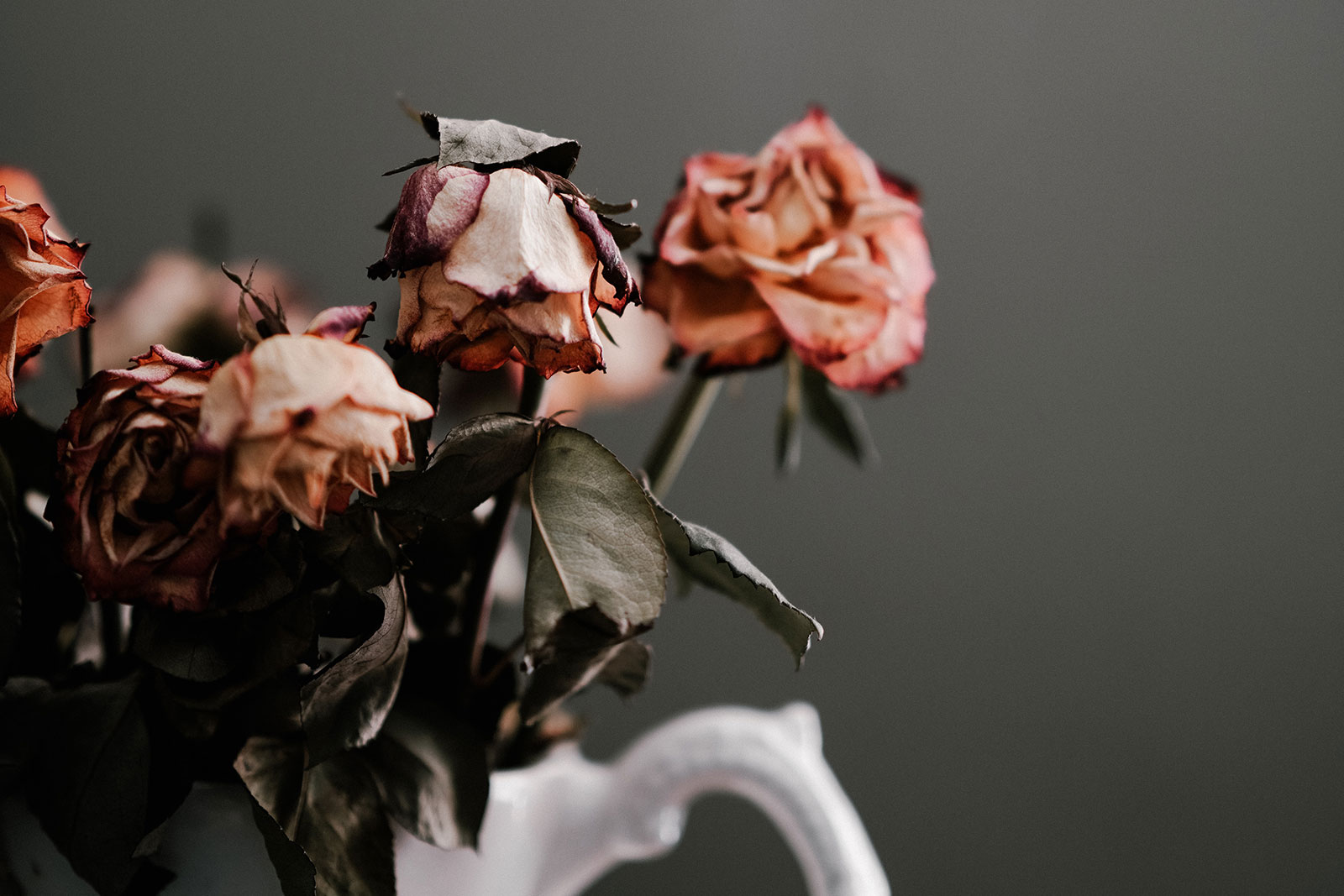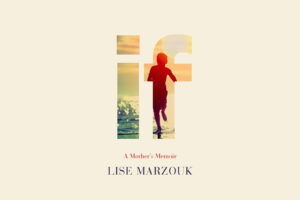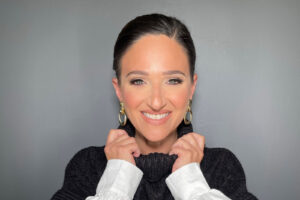Although mortality is a fact of life, death and dying are often perceived as taboo discussion topics in Western culture. This becomes especially difficult in the cancer community, where individuals may have specific questions and concerns about the subject but struggle to find support.
A recent virtual film screening and discussion hosted by Gilda’s Club Madison aimed to address this need head on and provide a safe space for conversations about death. On Feb. 17, the organization showed the documentary film “Zen and the Art of Dying,” followed by a discussion group that covered topics from the film in addition to how these concerns apply to the cancer community.
The documentary tells the story of Zenith “Zen” Virago, co-founder of Australia’s Natural Death Care Centre and self-described deathwalker. For many years, Virago was a highly sought-after marriage celebrant in the southeastern Australian coastal community of Byron Bay, but found a new calling in providing logistical and spiritual support for the transition period of death and its associated rituals.
Virago’s work is to not only support individuals and families with end-of-life decision-making, but also to make the entire experience of death and dying more personalized and meaningful. The film shows how Virago reframes conversations and eliminates taboos to allow for freedom of individual expression in the dying process as well as for funerals and celebrations of life.
Carissa Hodgson, a licensed clinical social worker and the program manager at Gilda’s Club Madison, emphasizes that death is an important but often avoided topic for those experiencing cancer and their loved ones.
“Death often comes up in our support groups, and people mention that their family and friends don’t want to talk about it,” she says. Gilda’s Club members have expressed their desire for a specific space to talk openly about death. Structured and supported conversations can help normalize open communication with loved ones and empower individuals facing cancer to express their thoughts more freely.
The film screening event kicked off what will be a monthly discussion group hosted by Gilda’s Club Madison, “Death and Afternoon Tea.” Hodgson explains that inspiration for this group came from Death Cafés, which are worldwide discussion groups on death and dying. With “Death and Afternoon Tea,” Gilda’s Club Madison modified the Death Café concept to make it exclusively for Gilda’s Club Madison members within the context of the cancer experience.
Hodgson explains that there are numerous angles to consider when discussing cancer-related death. For one, in American culture, death is often experienced as a mostly medical event, with the majority of attention placed on medications and procedures. Meanwhile, individuals facing their own death may not feel empowered to express the range of emotions they are experiencing or to consider specific ways they want to approach the dying process.
By addressing not only the logistical and medical questions around dying but also the spiritual and existential ones, individuals are encouraged to tailor the experience to suit their own wishes, Hodgson says. This is also a way to help family and friends know that they are providing the care and attention that their dying loved one truly wants.
Additionally, Hodgson notes, those facing cancer-related death seek support for how to approach the topic with their young children. Children can be remarkably receptive to information about death as a natural part of the life cycle, she says, and speaking about it openly with children can make the experience much more meaningful for the entire family. Children can be included in the process by participating in conversations and rituals, and by celebrating their parent’s life with others in their community.
Ultimately, conversations around death help everyone recognize this fact of life and can foster a peaceful and meaningful transition for those experiencing it. Normalizing these conversations within the cancer community in particular is a much needed step in the right direction.
Gilda’s Club Madison invites Wisconsin-based members to join the conversation at the “Death and Afternoon Tea” discussion group, to be held on the second Wednesday of each month starting March 9. More information can be found at gildasclubmadison.org. For those located outside of Wisconsin, visit cancersupportcommunity.org for similar offerings in your area.







